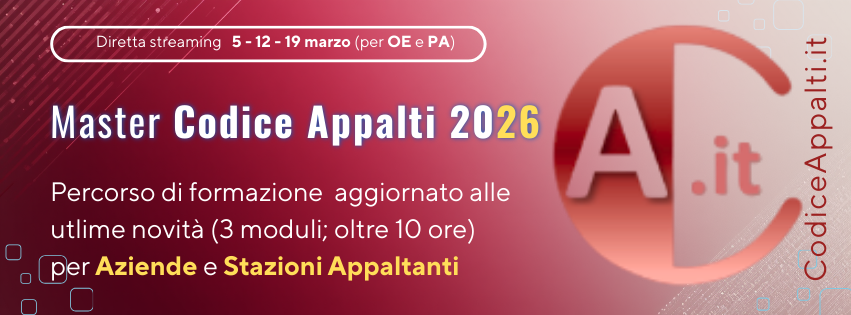Art. 209. Arbitration
1. Controversies on subjective rights deriving from the performance of public contracts related to works, services, supplies, design and creative competitions, including those consequent to the failure to reach an amicable agreement set forth in Articles 205 and 206, shall be referred to arbitration. In accordance with Article 1, paragraph 20 of Law No. 190 of 6 November 2012, arbitration shall also be used for controversies related to concessions and public contracts for works, services and supplies in which a publicly owned company, or a subsidiary or affiliate of a publicly owned company, is a party, in accordance with Article 2359 of the Italian Civil Code, or which in any case has as its object works or supplies financed with resources covered by the public budget.2. The contracting authority shall indicate in the call to tender or notice with which it calls the tender or, for the procedures without a call to tender, in the invitation, regardless of whether the contract contains an arbitration clause. The successful tenderer can reject the arbitration clause, which in such case shall not be included in the contract, communicating this to the contracting authority within twenty days from its knowledge of the award of the tender. In any case, arbitration shall be prohibited.
3. An arbitration clause inserted without authorization in the call to tender or in the notice with which the tender is called or, for procedures without a call to tender, in the invitation, shall be null. The clause shall be inserted upon reasoned authorization by the contracting authority’s governing body.
4. The arbitration board shall be composed of three members and shall be appointed by the Chamber of Arbitration set forth in Article 210. Each of the parties, in the request for arbitration or in the act opposing the request, shall designate the arbitrator of its choice selected from among parties of proven experience and independence in the matter that is the object of the contract to which the arbitration refers. The Chairman of the arbitration board shall be nominated and appointed by the Chamber of Arbitration, chosen from among the persons registered in the list set forth in paragraph 2 of cited Article 211, who has specific experience in the matter that is the object of the contract to which the arbitration refers.
5. The appointment of the arbitrators for the resolution of controversies in which a public administration is a party shall be made in compliance with principles of public notice and rotation, as well as in compliance with the provisions of this Code. If the controversy is between two public administrations, the arbitrator of the party shall be chosen from among public managers. If the controversy is between a public administration and a private party, the arbitrator for the public administration shall preferably be chosen from among public managers. In both cases, if the Administration decides by means of a reasoned act that it cannot select the arbitrator from among public managers, the selection shall be made from among the persons registered in the list.
6. Without prejudice to what is provided by Article 815 of the Italian Code of Civil Procedure, the following cannot be appointed:
a) ordinary magistrates, administrative accountants and military personnel regardless of whether they are in service, as well as State attorneys and prosecutors regardless of whether they are in service, and members of tax commissions;
b) anyone who during the past three years exercised the functions as arbitrator for a party or defense counsel in arbitrations governed by this Article, except for cases in which the exercise of the defense constitutes compliance with the lawful duties of the defense counsel who is a public employee;
c) anyone who, prior to retirement, dealt with appeals in a civil, criminal, administrative or accounting setting that were filed by the party who requested the arbitration;
d) anyone who has expressed an opinion, for whatever reason, in the matters that are the object of the arbitration;
e) anyone who prepared the project or the specifications for the tender or who gave an opinion on it;
f) anyone who directed, supervised or tested the works, services, or the supplies to which the controversies refer;
g) anyone who participated for any reason in the procedure for which the arbitration is in course.
7. The appointment of the arbitration board in breach of the provisions set forth in paragraphs
4, 5 and 6 shall render the arbitral award null.
8. For purposes of the appointment of the panel, the request for arbitration, the opposition brief and any counter arguments shall be sent to the Chamber of Arbitration. The selections made by the parties shall also be transmitted. At the same time as the appointment of the Chairman, the Chamber of Arbitration shall communicate to the parties the amount and manner in which the deposit is to be paid on account for the arbitration costs. The Chairman of the arbitration board shall appoint a secretary, if necessary, who shall also be chosen from among ANAC’s internal staff.
9. The parties shall decide the venue of the arbitration board, including in one of the places where the regional sections of the Observatory are located set forth in Article 213; if there is no indication of the venue of the arbitration board, or if there is no agreement between the parties, it shall be established at the registered office of the Chamber of Arbitration.
10. The arbitration proceedings shall be subject to the provisions of the Italian Code of Civil Procedure, except for the provisions of this Code. Specifically, all means of proof are admissible provided by the Italian Code of Civil Procedure, with the exclusion of any form of oath.
11. The terms that the arbitrators establish for the parties for their arguments and evidentiary requests shall be considered peremptory, and consequently the party that has not complied shall be declared as having forfeited, only if there is a provision in such sense in the arbitration agreement or in a separate written instrument or in the procedural regulations that the arbitrators have decided to apply.
12. The arbitral award shall be pronounced upon its last signature and shall become effective upon being filed with the Chamber of Arbitration for Public Contracts. Within fifteen days from when the award is issued, an amount equal to one thousandth of the value of the relative controversy shall be paid by the arbitrators and shall be borne by the parties. Such amount shall be paid directly to ANAC.
13. The arbitral award shall be filed with the Chamber of Arbitration for Public Contracts before being filed with the Clerk’s Office of the Court, done in accordance with and for the effects set forth in Article 825 of the Italian Code of Civil Procedure. The arbitral award shall be filed with the Chamber of Arbitration by the arbitration board, in the number of originals as there are parties, in addition to one for the office records, or in the IT and electronic manner determined by ANAC. Upon the request of a party, the respective original shall be returned with certification that it has been filed, for purposes of the requirements set forth in Article 825 of the Italian Code of Civil Procedure.
14. The arbitral award can be appealed, other than for reasons of nullity, also for violation of the rules of law with respect to the merits of the controversy. The appeal shall be filed within the term of ninety days from notification of the award and cannot be proposed beyond one hundred eighty days from the date the arbitral award is filed with the Chamber of Arbitration.
15. Upon the request by one of the parties, the Court of Appeals can suspend the effectiveness of the award by an order if there are grave and grounded reasons. Article 351 of the Italian Code of Civil Procedure shall apply. When the effectiveness of the arbitral award is suspended, or the suspension ordered by the chairman is confirmed, the arbitration board shall verify whether the proceedings can be concluded. In such case, after specifying the conclusions, it shall order oral argument in the same hearing or in chambers, or in a hearing to be held within ninety days from the order of suspension; it shall issue an award at the hearing in accordance with Article 281-sexies of the Italian Code of Civil Procedure. If it considers that evidentiary obligations are essential, the arbitration board, in the same order of suspension, shall order evidence to be taken at a subsequent hearing no later than ninety days, and shall then provide as above.
16. The Chamber of Arbitration, upon the proposal of the arbitration board, shall determine by means of a specific resolution the fees of the arbitrators within the limits established by a decree of the Ministry of Infrastructures and Transportation. In any case, it is prohibited to increase the maximum fees based on the particular complexity of the issues dealt with, the specific skills used, and the actual work performed. The remuneration of the arbitration panel, inclusive of any remuneration for the secretary, cannot in any case exceed the amount of 100,000 Euro, to be revalued every three years by the decrees and resolutions indicated in the first clause hereof. For public managers, the limits shall apply that are set forth in Article 23-ter of Law Decree No. 201 of 6 December 2011, converted by Law No. 214 of 22 December 2011, as well as Article 1, paragraph 24 of Law No. 190 of 6 November 2012. The act authorizing payment of the remuneration and expenses for the arbitration, as well as the fees and expenses for expert consulting, shall be a title for an order of payment in accordance with Article 633 of the Italian Code of Civil Procedure.
17. The balance of the fees for the resolution of the controversy shall be paid by the parties, in the amount ordered by the Chamber of Arbitration, within the term of thirty days from communication of the arbitral award.
18. The Chamber of Arbitration shall order the payment of the fees and expenses for expert consulting, when ordered, in accordance with Articles 49 through 58 of the Uniform Text of legislative and regulatory provisions on legal expenses, set forth in DPR No. 115 of 30 May 2002, to the extent resulting from the implementation of the tables provided therein.
19. The amount of the fees due for the resolution of controversies shall be paid directly to ANAC.
20. Without prejudice to what is set forth in Article 92, second paragraph of the Italian Code of Civil Procedure, if the request is partially accepted, the arbitration panel shall offset the costs of the arbitration in proportion to the ratio between the value of the claim and that of the award.
21. The parties shall be jointly liable for the payment of the fees due to the arbitrators and the costs related to the arbitration board and the arbitral award, without prejudice to the right of recourse among themselves.
Condividi questo contenuto:







